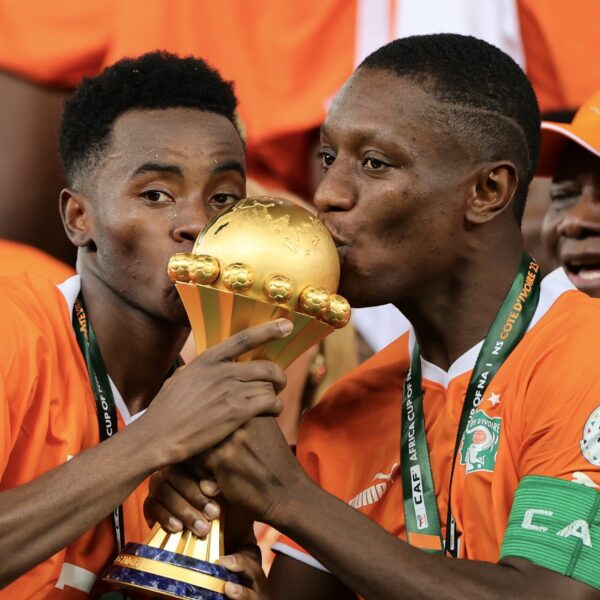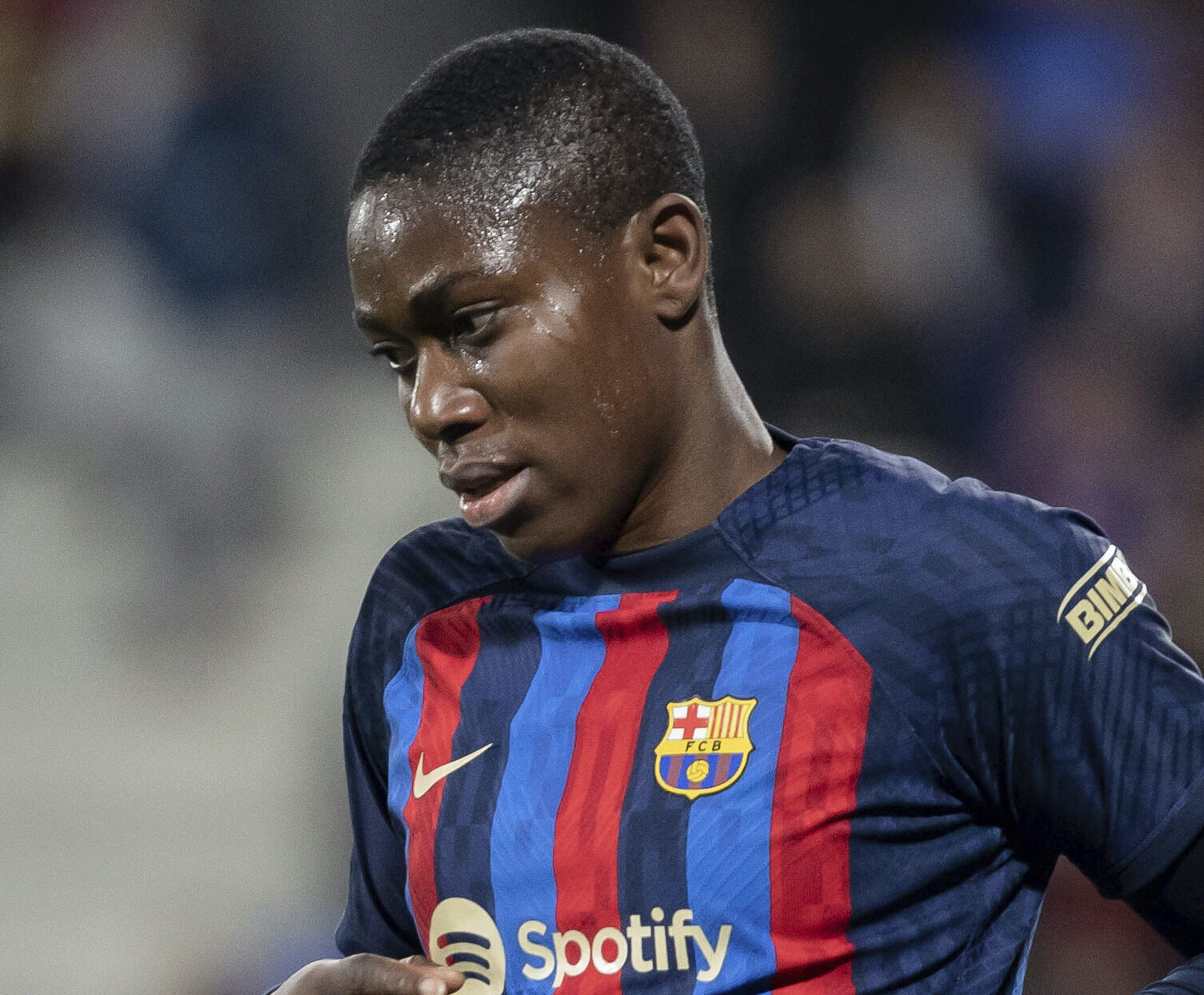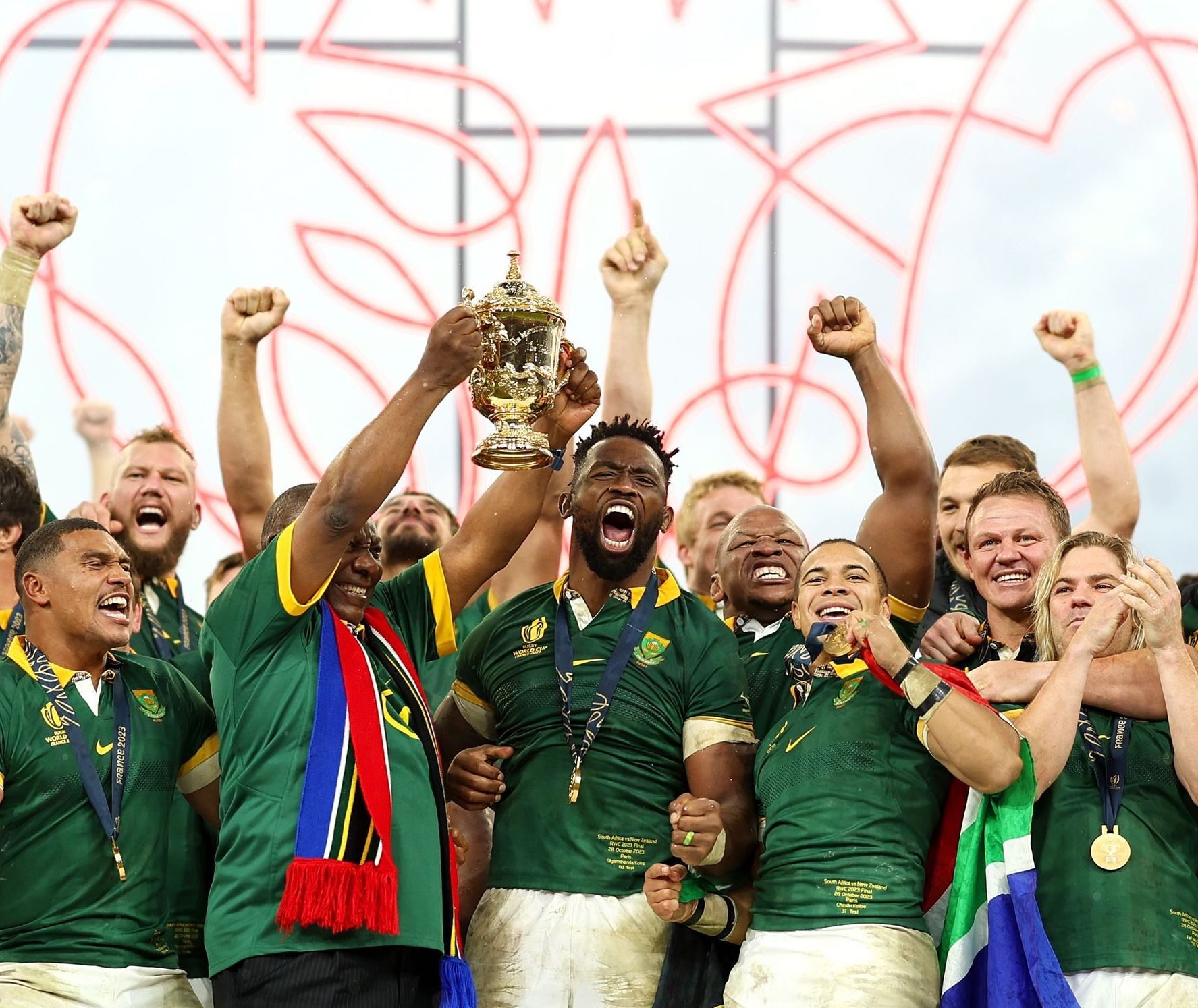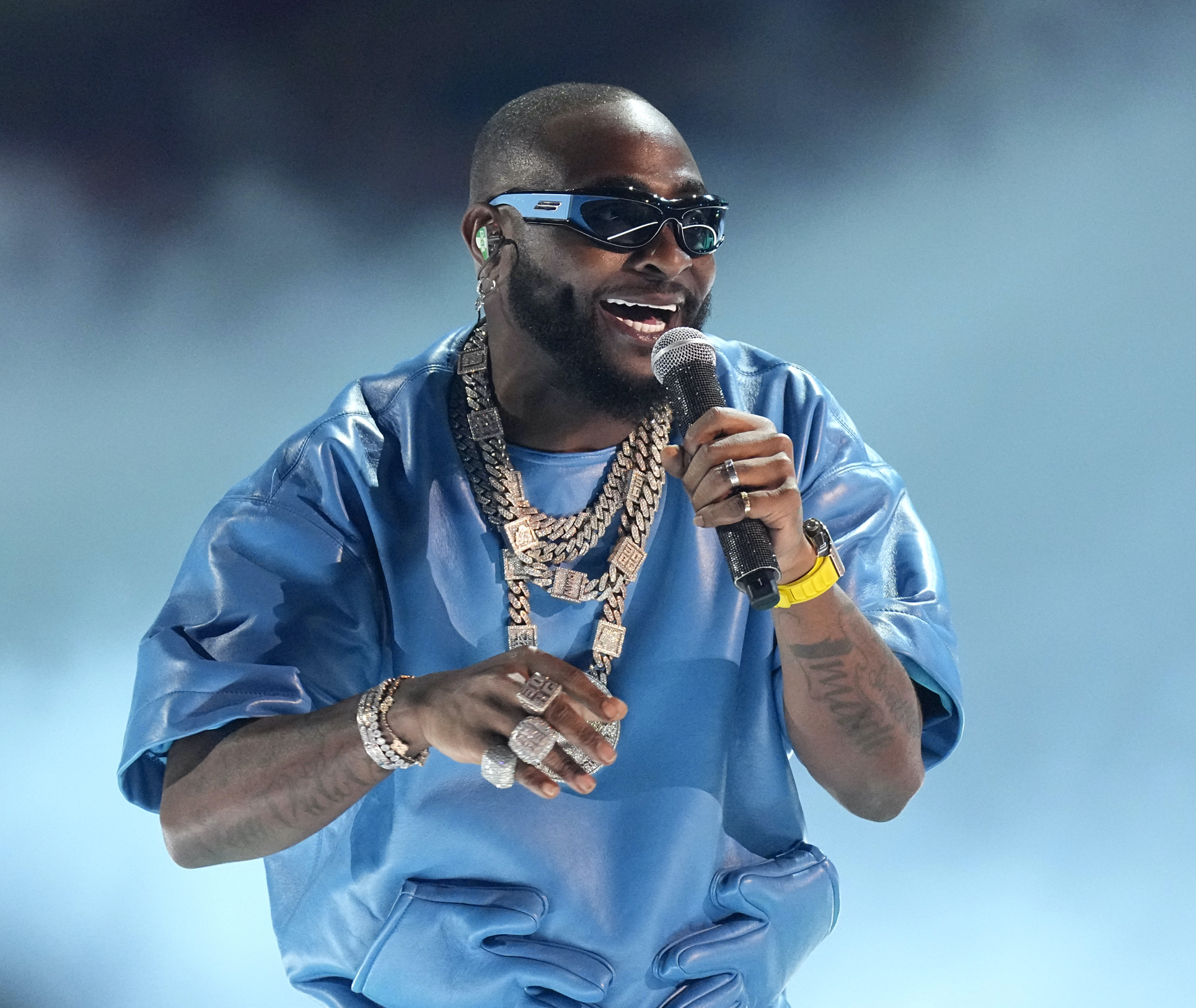
Photo Credit: CAF
Sports
AFCON 2023 Showcased Passion Beyond Football

Photo Credit: CAF
Over a decade after intra-nation conflict, the AFCON tournament solidifies Côte D’Ivoire’s political stability and economic progress
By Kingsley Kobo
March 2024
Africa’s biggest football (soccer) event climaxed on February 11, with host nation Côte D’Ivoire clinching the ultimate after defeating Nigeria 2-1.
The final game of the 2023 Africa Cup of Nations, which took place at the Alassane Ouattara Stadium, a newly-built 60,000-seater complex in the nation’s commercial hub, Abidjan, attracted more than one billion TV and online viewers across Africa and beyond, according to the media department of the Confederation of African Football (CAF).
“This is one of the reasons why countries push to place their bids to host the event. It provides huge publicity. It highlights the potential of the country before the rest of the world, in terms of investment, tourism, stability, security, workforce, etc,” said Koffi P. Armand, senior fellow at the Ivorian Center for Economic and Social Research of the Félix-Houphouët-Boigny University, the country’s largest academic institute.
“I cannot imagine a better opportunity for an African country to sell its good image to the rest of the world. Football does it better than anything else.”
It was the second time Côte D’Ivoire was selected to host the competition following their first successful bid in 1984. Initially scheduled to hold in mid-2023, the 34th edition was moved to January 2024 due to weather concerns, but retained its original 2023 branding.
The Ivorian government spent over $1 billion to build four new stadiums and renovate two others. Training facilities, new roads, flyovers, hotels and other amenities were put in place for the month-long tournament, which kicked off on January 13th.
“Come to think of it. One billion dollars for entertainment when the country is facing high unemployment rate, housing shortages, inadequate roads, lack of water supply, poor medical facilities in rural areas and some urban centers. But, football overshadowed those challenges and emerged as top priority,” according to Dr Stanislas Beugré of Initiatives Côte D’Ivoire, an Ivorian think tank which tackles political, economic and social issues.
“Nobody complained because we love football. We wanted the world to see that everything is fine in our beautiful country, which suffered a senseless and bloody war some years back. I think that objective was largely met,” he said.
In 2011, Côte D’Ivoire, the world’s top cocoa producer, made headlines when a post-election crisis degenerated into an armed conflict that claimed 3000 lives and displaced more than 250,000 people, according to the United Nations.
Foreign investors fled the West African country, while several ongoing macro projects were abandoned. However, the country of 29 million people has laudably recovered from the crisis, holding two successful presidential, parliamentary and municipal elections since then. The bulk of displaced families are back in their homes, the majority of political prisoners have been set free, and investors are now flocking back to Abidjan.
The tournament has offered the continent the opportunity to once again recognize the potential of Côte D’Ivoire.
The prize money for the winner of the AFCON (Africa Cup of Nations) is $7 million, a fraction of the investment made by Cote D’Ivoire to host the competition.
Football and tourism
While visitors came mainly to support their teams, they also had the opportunity to visit several tourist attractions in the country, as well as several host cities besides Abidjan, like San Pedro, Korhogo, Bouake and, of course, Yamoussoukro, home to the Basilica of Our Lady of Peace Built in the 1990’s, Basilica is one of the largest Catholic Church buildings in the world with the capacity to hold 18,000 worshipers. Built at a mouth-watering cost of $300 million the famous structure attracts thousands of visitors from around the world every year.
“I mainly spent my time in Yamoussoukro because I wanted to see the church. After watching games I take my kids to the huge campus. It was fun. Football mixed with tourism. Football fans were visiting everyday. Some even came before the start of games,” said Italian visitor Mauela Dragoni from Parma.
The biennial tournament is a chance for the African diaspora to maintain ties to their respective roots.
“I’m a Nigerian based in New York. I came with my 16-year-old son who was visiting Africa for the first time. I wanted him to see Africa and its people. I wanted to let him make that connection. It’s very important for us, culturally. We watched the game between Nigeria and Cameroon and traveled to other cities in Côte D’Ivoire. At the end, he was very happy and asked me, ‘when is the next edition?,” said Gabriel Okechukwu.
A Ghanaian based in Sweden came with his white wife to watch and support the Black Stars of Ghana. She was beautifully dressed in Ghanaian traditional textile known as Kente, which she said she would take back home as a souvenir.
“We married in Europe and never had the opportunity to visit Africa until now. My husband said to me that the AFCON was our best chance to make it. And so, we traveled down. ” said Maria Vinberg Kodjo.
“I ate their food, wore their traditional clothes, and even learnt some phrases in the local Twi language. We really had a good time. What I noticed and cherished mostly is that Africans really have time for each other. I really love that culture,” she said.
More than one million people visited the country during the AFCON tournament, according to the Ivorian interior ministry.
AFCON business
The tournament provided a boost in business for everyone from airport taxis, to restaurants, to merchants selling jerseys. While official figures are yet to be released, it’s obvious that local businesses stand to benefit from the influx of tourists.
“I’m a dealer in car rentals. Before the tournament, I used to rent my vehicles for 45,000 CFA ($90) per day but during the AFCON we raised it to 100,000 ($200) per day minimum. Clients were even offering to pay more for reservations because almost all the rentals in Abidjan and beyond were exhausted, just like hotels,” said Dorgeles Yoboué.
“Every business person made money during the AFCON, from taxi drivers, guides, translators, to TV set dealers and cable TV companies. We wished it could last forever.”
Media success
The tournament also set an unprecedented record in the media sector, with the participation of more than 5000 journalists. CAF media department had revealed that demands for coverage increased over 90% more than the previous edition held in Cameroon in 2022.
“One of the reasons for this attraction was the massive publicity the Ivorian authorities made in the build up to the competition. They were practically appealing for everyone to come and visit the ‘country of hospitality’. I think this worked out,” said Koffi.
“Secondly, the electronic visa option facilitated paperwork for travelers, including journalists. You only need to apply for a visa online and fly down. It made life easier for everyone.”
Togolese group New World TV acquired the exclusive broadcasting rights for the 2023 AFCON for $1.7 million, with retransmission covering 46 African countries.
Other rights-holding broadcasters included Sky (United Kingdom), BBC (United Kingdom), LaLiga+ (Spain), SportItalia (Italy), Sport Digital (Germany and Switzerland), SportTV (Portugal), Viaplay (Nordic countries), Band TV (Brazil), BeIN Sport (Qatar) and CANAL+ (France). This made it possible for the competition to be broadcast in 180 countries.
Moreover, for the first time, the AFCON was broadcast by private televisions in French-speaking Africa, notably by Canal 2 in Cameroon and NCI in Côte D’Ivoire.
Consequently, CAF’s broadcast revenue increased significantly, according to local experts, cementing the development and growth of football on the continent.
While Ivorians are still savoring their ultimate win and hosting the ‘best AFCON tournament so far’ – in the words of CAF president Patrice Motsepe – Morocco is watching and hoping to take a leaf out of the Ivorian book, as they prepare to host the next edition in the summer of 2025.
“We came with a special team to monitor what the Ivorian authorities were doing. They were simply phenomenal. We will strive to emulate those efforts to keep as high as possible the standard of the competition,” said Fouzi Lekjaa, president of the Royal Moroccan Football Federation.


